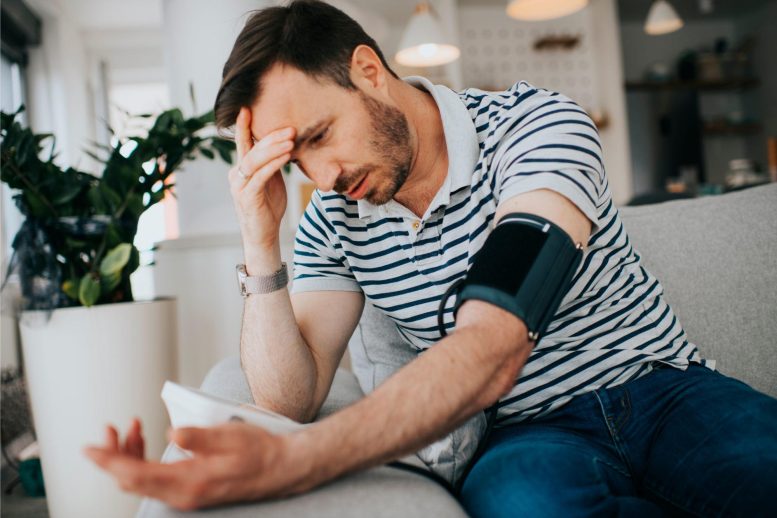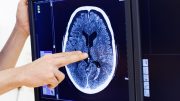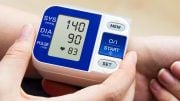
Regularly checking blood pressure could play an important role in helping patients live longer and maintain heart and brain health.
Only around half of the individuals with hypertension or conditions linked to blood pressure regularly monitor, but guidelines from healthcare professionals encourage older adults to do so at home more often.
According to a recent survey, only 48% of individuals between the ages of 50 and 80 who use blood pressure medications or have a medical condition that is impacted by hypertension frequently monitor their blood pressure at home or elsewhere.
A somewhat greater percentage — still only 62% — claim that they were advised to perform these tests by a healthcare professional. Respondents who reported that their providers had advised them to monitor their blood pressure at home were three and a half times more likely to do so than those who did not recollect receiving such advice.
The results highlight the significance of investigating the causes of at-risk patients’ failure to check their blood pressure and the reasons why healthcare providers don’t advise them to do so — as well as developing strategies to encourage more people with these health conditions to do so on a regular basis. According to the authors of the research, this may be crucial in helping patients live longer and maintain their heart and brain health.
Previous research has shown that regular home monitoring of blood pressure may help with control and that greater control can entail a lower risk of mortality of cardiovascular events including strokes and heart attacks; and of cognitive impairment and dementia.
The findings are published in the journal JAMA Network Open by a team from Michigan Medicine, the University of Michigan’s academic medical center. The data come from the National Poll on Healthy Aging and build on a report issued last year.
The poll, based at the U-M Institute for Healthcare Policy and Innovation and supported by Michigan Medicine and AARP, asked adults aged 50 to 80 about their chronic health conditions, blood pressure monitoring outside of clinic settings, and interactions with health providers about blood pressure. Study authors Mellanie V. Springer, M.D., M.S., of the Michigan Medicine Department of Neurology, and Deborah Levine, M.D., M.P.H., of the Department of Internal Medicine, worked with the NPHA team to develop the poll questions and analyze the findings.
The data in the new paper come from the 1,247 respondents who said they were either taking a medication to control their blood pressure or had a chronic health condition that requires blood pressure control – specifically, a history of stroke, coronary heart disease, congestive heart failure, diabetes, chronic kidney disease or hypertension.
Of them, 55% said they own a blood pressure monitor, though some said they don’t ever use it. Among those who do use it, there was wide variation in how often they checked their pressure – and only about half said they share their readings with a health provider. But those who own a monitor were more than 10 times more likely to check their blood pressure outside of health care settings than those who don’t own one.
The authors note that blood pressure monitoring is associated with lower blood pressure and is cost-effective. They say that the results suggest that protocols should be developed to educate patients about the importance of self-blood pressure monitoring and sharing readings with clinicians.
Reference: “Prevalence and Frequency of Self-measured Blood Pressure Monitoring in US Adults Aged 50-80 Years” by Mellanie V. Springer, MD, MS, Preeti Malani, MD, MSJ, Erica Solway, Ph.D., MSW, MPH, Matthias Kirch, MS, Dianne C. Singer, MPH, Jeffrey T. Kullgren, MD, MS, MPH and Deborah A. Levine, MD, MPH, 14 September 2022, JAMA Network Open.
DOI: 10.1001/jamanetworkopen.2022.31772
The study was funded by the University of Michigan and the AARP.









Be the first to comment on "New Study: More Older Adults Should Be Doing This Simple Task"